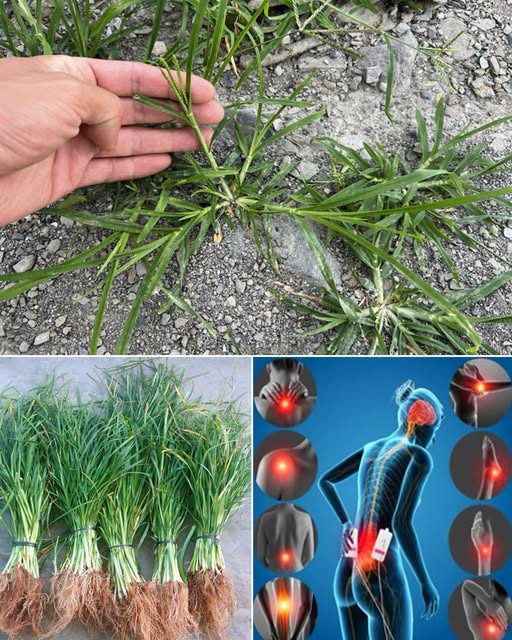Why You Should Care About Goosegrass
You’ve probably seen goosegrass growing wild in your garden or along paths, but did you know this “weed” is packed with health benefits? Often dismissed as a nuisance, goosegrass has been used for centuries in traditional medicine to support everything from skin health to detoxification. If you’re looking for a natural, easy-to-find remedy, this humble plant might surprise you.
What Is Goosegrass?
Goosegrass, also called cleavers or Galium aparine, is a sticky, climbing plant with small white flowers. Its leaves and stems have tiny hooks that let it cling to surfaces. While gardeners might pull it out, herbalists treasure it for its gentle healing properties. You can use it fresh or dried in teas, tinctures, or poultices.
Key Health Benefits of Goosegrass
Goosegrass works in subtle but effective ways. It’s known to cleanse the lymphatic system, helping your body flush out toxins. It soothes irritated skin, reduces swelling, and even supports kidney function by acting as a mild diuretic. Plus, its antioxidants fight free radicals, which can slow down aging and boost overall health.
Common Combinations and Their Benefits
| Ingredient | Combined Benefit |
|---|---|
| Lemon | Boosts detox and adds vitamin C |
| Dandelion Root | Enhances liver and kidney support |
| Chamomile | Calms skin irritation and stress |
| Aloe Vera | Deeply moisturizes dry or inflamed skin |
How to Use Goosegrass: Simple Steps
- For Tea: Steep 1-2 teaspoons of dried goosegrass in hot water for 10 minutes. Strain and drink 1-2 cups daily.
- For Skin: Crush fresh leaves into a paste, apply to bug bites or rashes, and rinse after 15 minutes.
- As a Tincture: Mix 20-30 drops of goosegrass tincture in water. Take twice a day for lymphatic support.
Remember: Safety First
Goosegrass is generally safe, but start with small amounts to check for allergies. Avoid it if pregnant or breastfeeding. If you’re on diuretic medications, talk to a doctor first—it might interact with your treatment. Always source plants from clean areas, away from pesticides. Natural remedies are helpful, but they’re not a substitute for professional medical advice.
